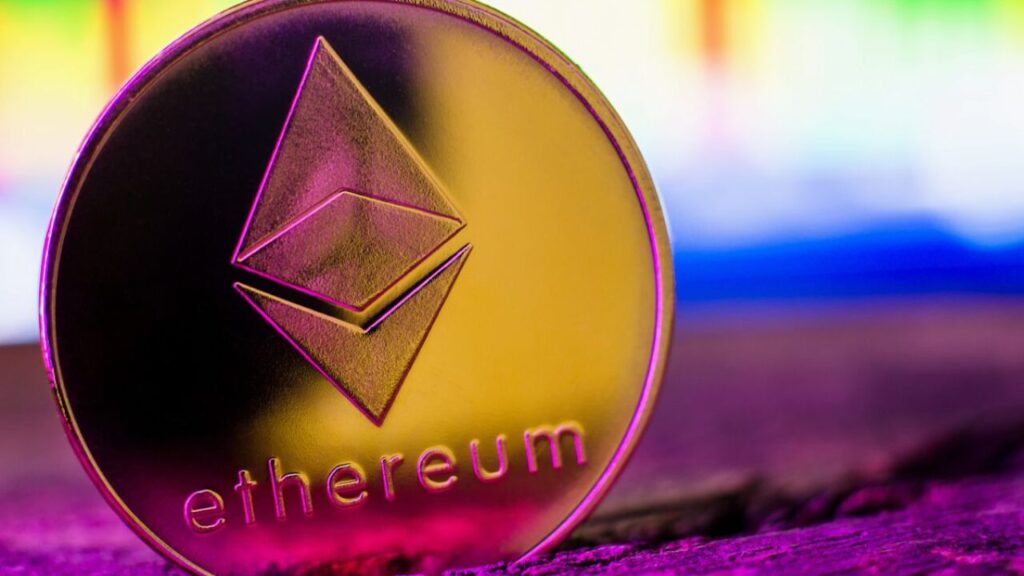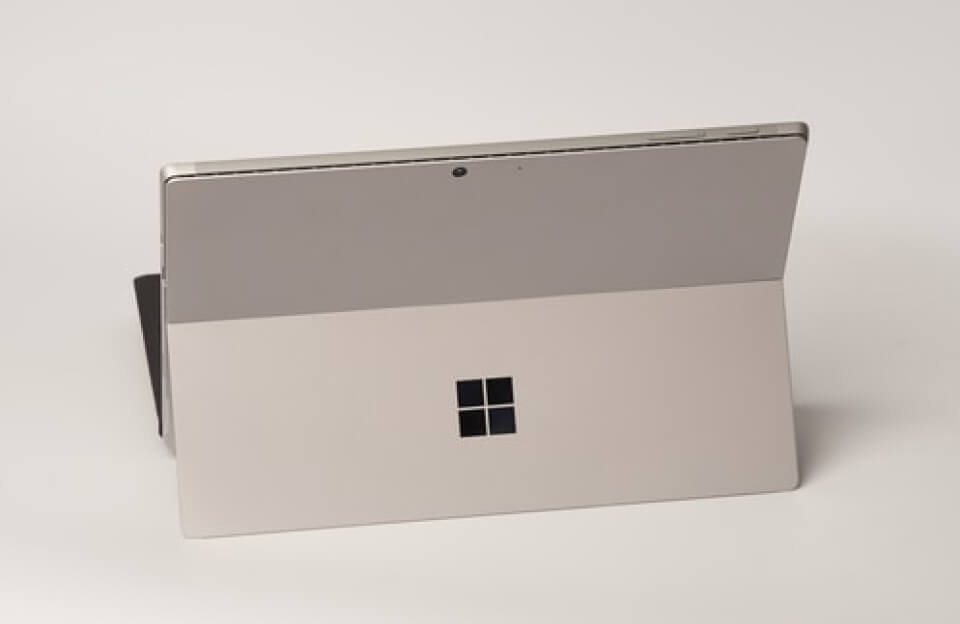1. What is Ethereum Blockchain?
The Ethereum blockchain is a decentralized platform that allows developers to build and deploy smart contracts and decentralized applications (dApps). Unlike Bitcoin, which focuses only on digital currency, Ethereum is designed to support programmable code.
In simple terms:
Ethereum = blockchain + smart contracts.
It’s an open-source platform used by startups, governments, and enterprises to automate, secure, and scale business operations.
2. How Ethereum Works
Ethereum uses a blockchain to store data and run applications without downtime, fraud, or third-party interference.
How Ethereum Blockchain Works:
- Users send transactions to interact with apps (dApps)
- Transactions are bundled into blocks
- Every block is verified by miners (or validators in Ethereum 2.0)
- Each block is added to the chain permanently
Key Components:
- ETH (Ether): Ethereum’s native cryptocurrency
- Gas Fees: Paid to execute transactions or run smart contracts
- Nodes: Computers that store a full copy of the blockchain
3. Ethereum vs Bitcoin: Key Differences
| Feature | Ethereum | Bitcoin |
|---|---|---|
| Purpose | Smart contracts & dApps | Digital currency (peer-to-peer) |
| Coin Name | ETH (Ether) | BTC (Bitcoin) |
| Smart Contract Support | Yes | No |
| Consensus Mechanism | PoS (Ethereum 2.0) | PoW |
| Transaction Speed | Faster (15 seconds/block) | Slower (10 minutes/block) |
4. Smart Contracts on Ethereum
Smart contracts are self-executing programs stored on the Ethereum blockchain. Once deployed, they run exactly as programmed—no downtime, no human error.
Common Use Cases:
- Real estate: automate property sales
- Finance: decentralized lending
- Logistics: track shipments
- Identity: secure digital IDs
5. What is Ethereum Blockchain Explorer?
An Ethereum blockchain explorer is a search engine for Ethereum.
You can use it to:
- Check transaction status
- View wallet balances
- Track smart contract activity
Top Ethereum Explorers:
- Etherscan.io – The most trusted and widely used
- Ethplorer.io – Focused on token analytics
6. Use Cases of Ethereum in Cambodia
Ethereum is being explored in sectors like:
- Education: Digital diplomas that can’t be faked
- Finance: Peer-to-peer lending and cross-border payments
- Property: Tokenized real estate sales
- Agriculture: Supply chain tracking
7. Benefits of Using Ethereum
- Decentralized: No central authority can shut it down
- Transparent: All transactions are public and verifiable
- Secure: Blockchain encryption is military-grade
- Programmable: Build logic into your transactions
8. Challenges and Limitations
Despite its potential, Ethereum faces:
- High Gas Fees: Can make small transactions expensive
- Scalability Issues: Still evolving, though improved with Ethereum 2.0
- Regulatory Uncertainty: Especially in Southeast Asia
9. Ethereum 2.0: What Changed?
Ethereum 2.0 is the latest upgrade focused on improving scalability, security, and sustainability.
Key Upgrades:
- Shift from Proof of Work (PoW) to Proof of Stake (PoS)
- Introduction of Sharding (in future phases)
- Reduced energy consumption by over 99%
10. Common Questions (FAQ)
Q: Is Ethereum legal in Cambodia?
A: Not officially regulated, but not banned either. It’s in a gray area.
Q: Can I use Ethereum to send money to Cambodia?
A: Yes, if the receiver has a wallet. However, beware of local conversion fees.
Q: Is Ethereum safe?
A: The blockchain itself is secure, but always use trusted wallets and platforms.
Q: How do I check a transaction on Ethereum?
A: Use Etherscan.io, enter your wallet address or transaction hash.
11. Final Thoughts
Ethereum is not just a cryptocurrency—it’s a global, programmable platform with endless use cases. For Cambodia’s entrepreneurs, developers, and institutions, Ethereum offers a gateway to automation, security, and transparency at scale.
If you’re looking to innovate, now’s the time to learn and build on Ethereum.


